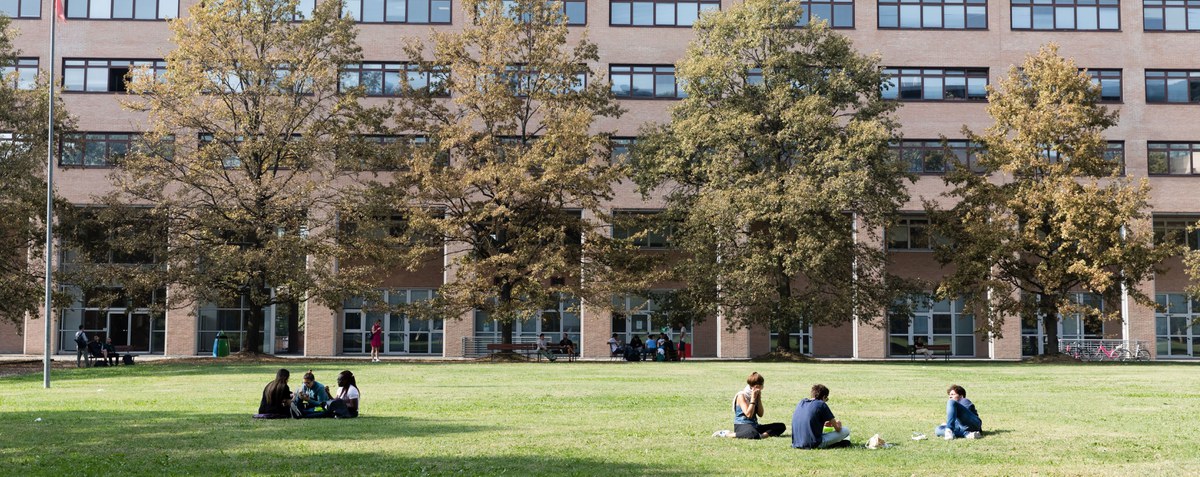Presentation

History
The Department of Agri-Food Science and Technology was born of the University reorganisation following the Gelmini Reforms: two departments were formed from the five existing ones, which were then combined into an integrated department incorporating all the teaching and research activities of the agricultural area.
Locations
The Department has two main locations, one in Bologna and one in Cesena, but it also carries out both teaching and research activities in Ozzano, Cadriano, Imola and Tebano. The Department is the largest in the University of Bologna with about five hundred employees, both temporary and permanent. It is organised into specific areas to coordinate the main research activities. Every multidisciplinary group operate on all typical sectors of the agricultural field.
Research
The department boasts strong research activities with more than twelve million Euros in annual revenues for research projects. Among these, it coordinates 12 European projects and is a partner in 34. It has just won 6 Prima and 12 PRIN. Distal is 2018-2022 Department of Excellence for MIUR and has contributed significantly to the University of Bologna attaining 48th position in the "Agriculture & Forestry" sector of QS World University Ranking 2018.
Educational
The department has a broad and international didactic offering with:
- 8 Bachelor's Degree programmes;
- 5 Master's Degree programmes, one of which is international;
- 1 international interdepartmental programme;
- 1 international interregional degree with the universities of the Region;
- 1 Master's Degree taught in English, as of 2020-2021.
The Department also has a PhD programme with a strong international bent and close ties to industry; it also contributes to some of the university’s other global doctorates.
University and Society
The Department has a high number of patents and plant rights and hosts 4 spin-offs with laboratories and structures accredited at national and international level allowing for a constant alignment with the industry. Moreover it contributes to the activities of the Experimental Farm of the University of Bologna, a farm with about 500 hectares of cultivated land, both owned and leased.
After a necessary internal reorganisation, the Department is ready to meet the challenges that await it in the coming years, with the aim of strengthening its position on the international stage despite the reductions in public resources for research funding that have occurred in recent years.